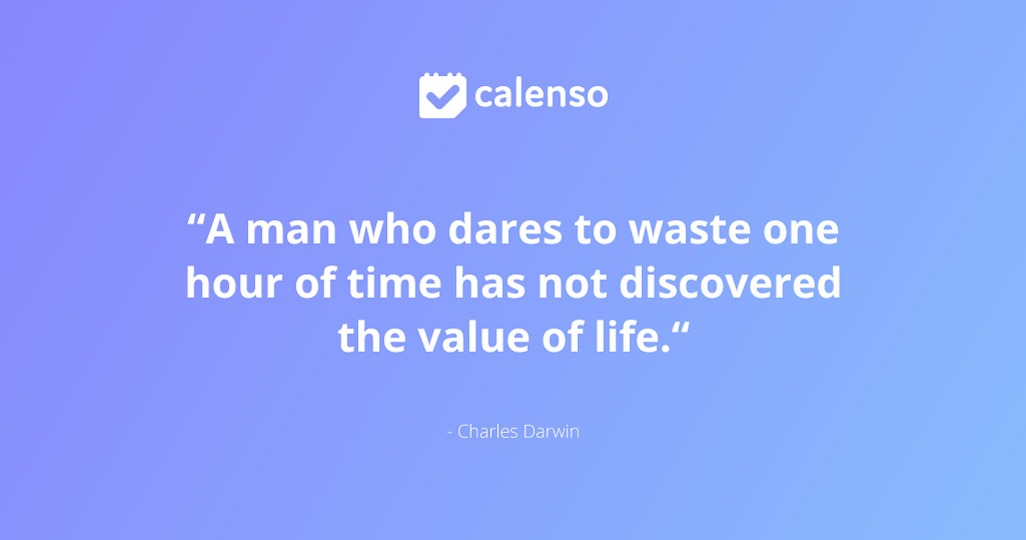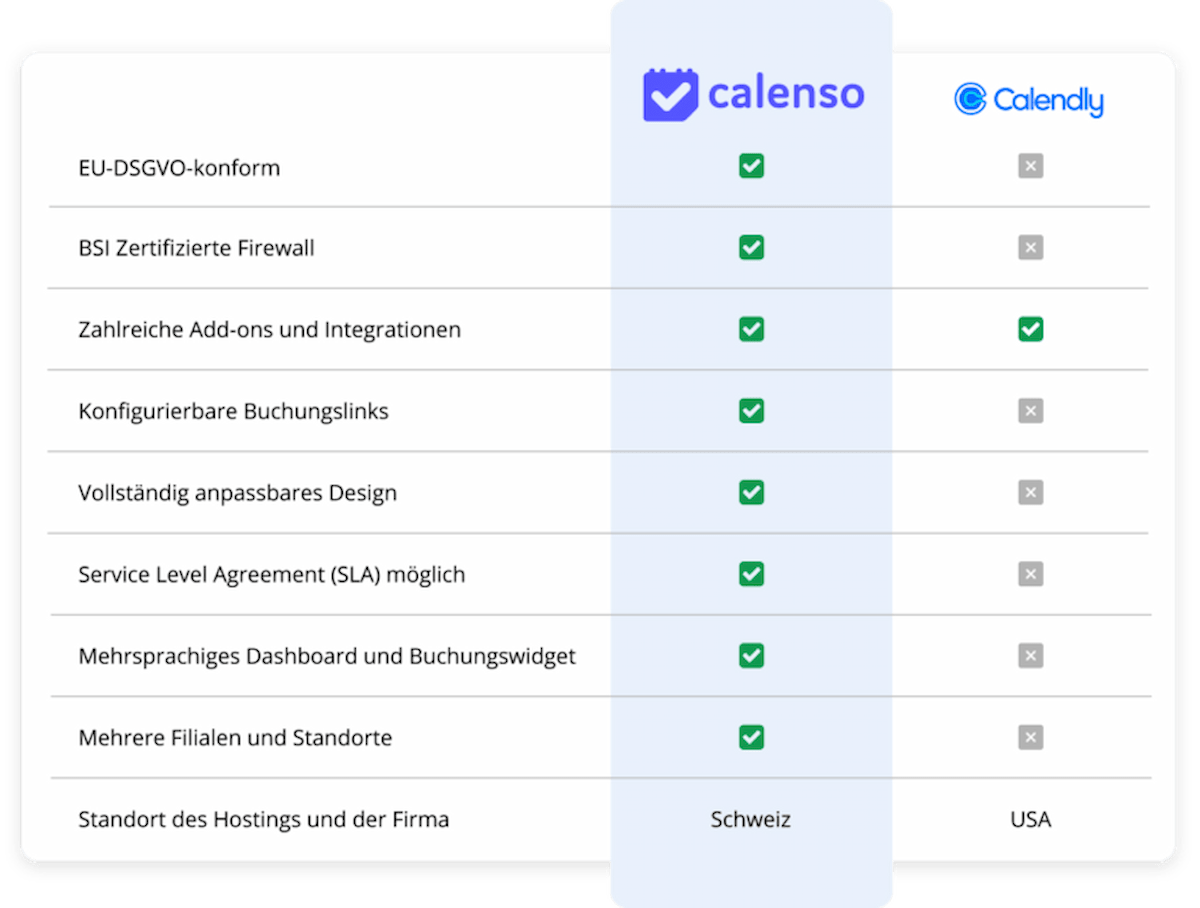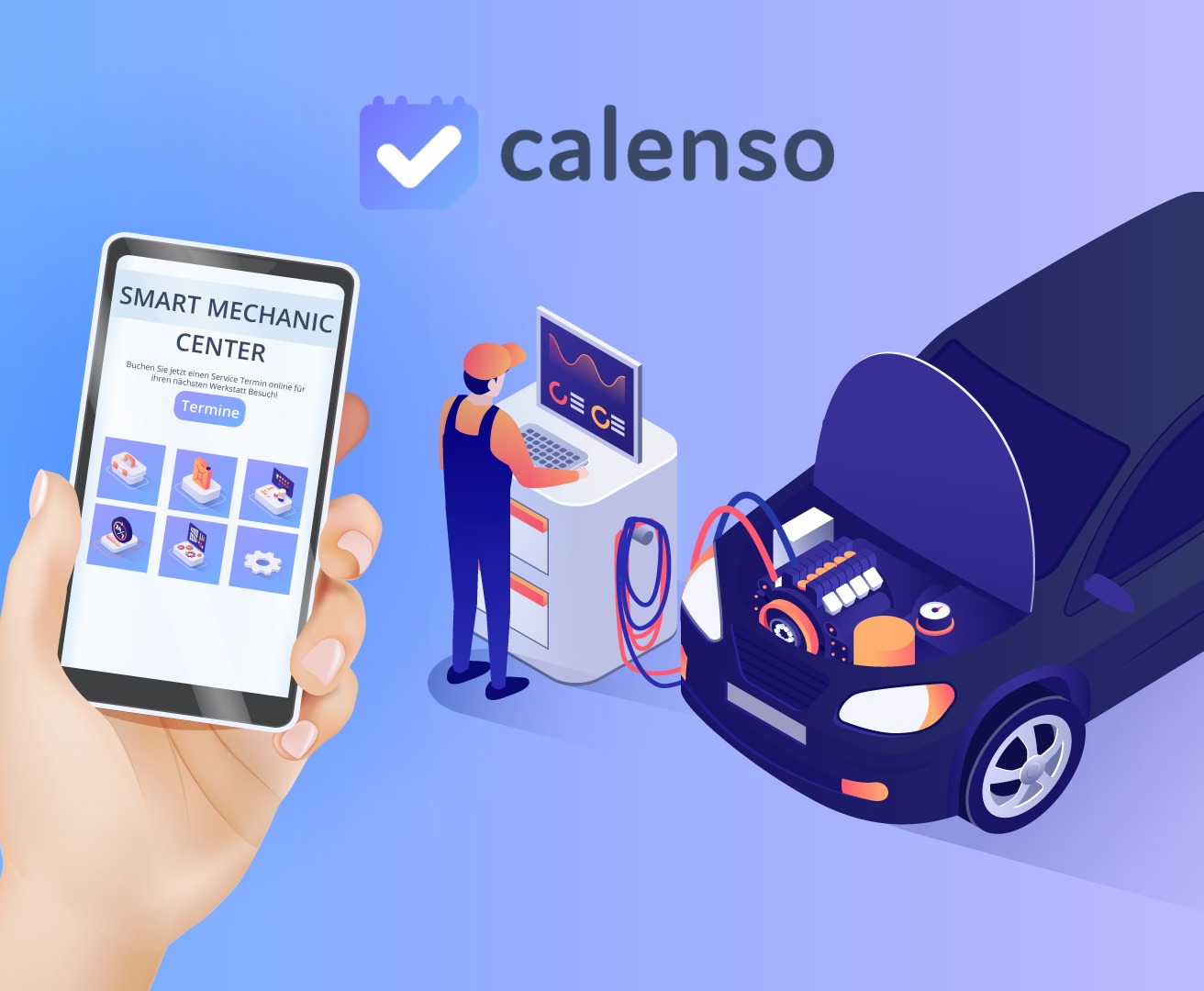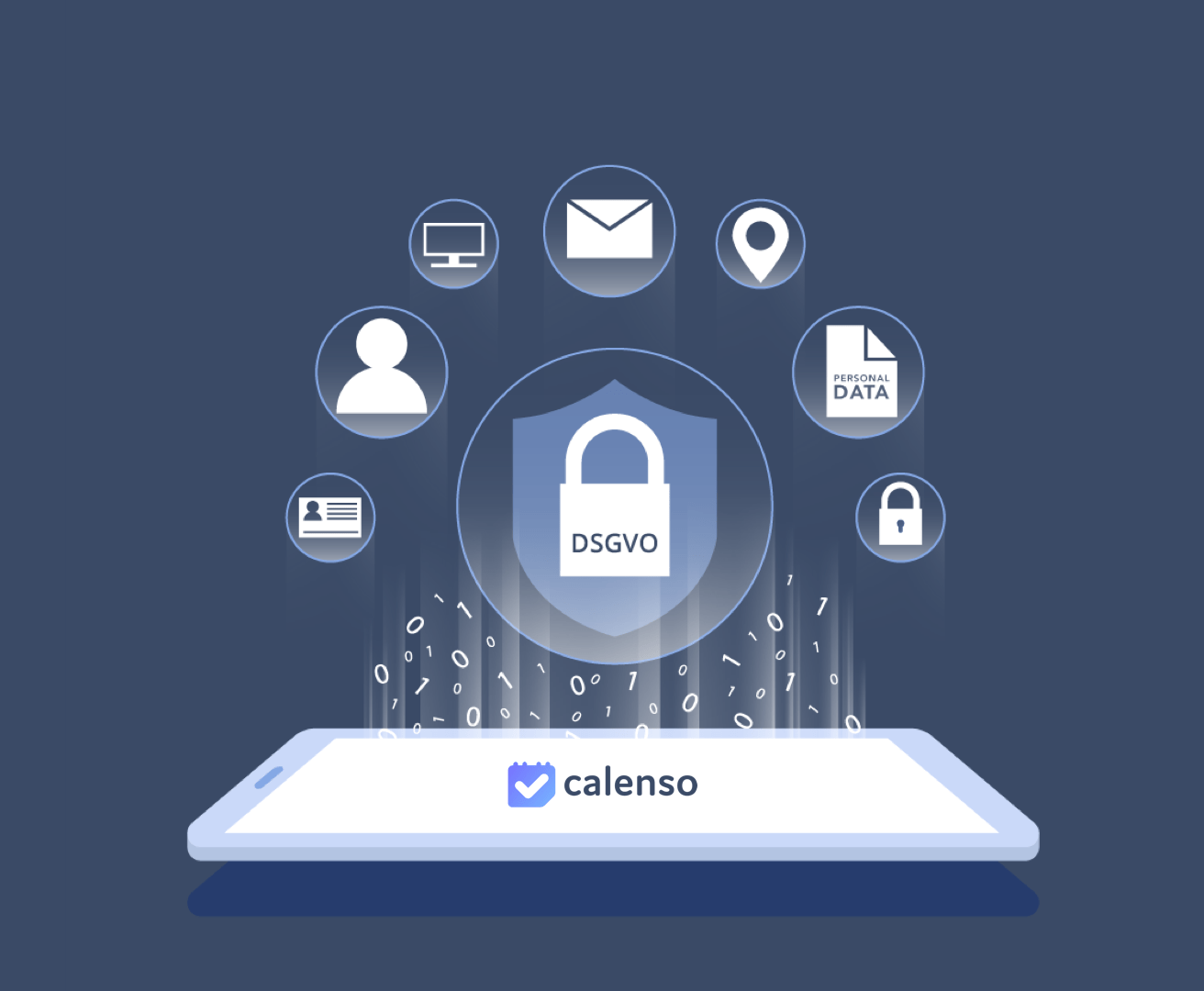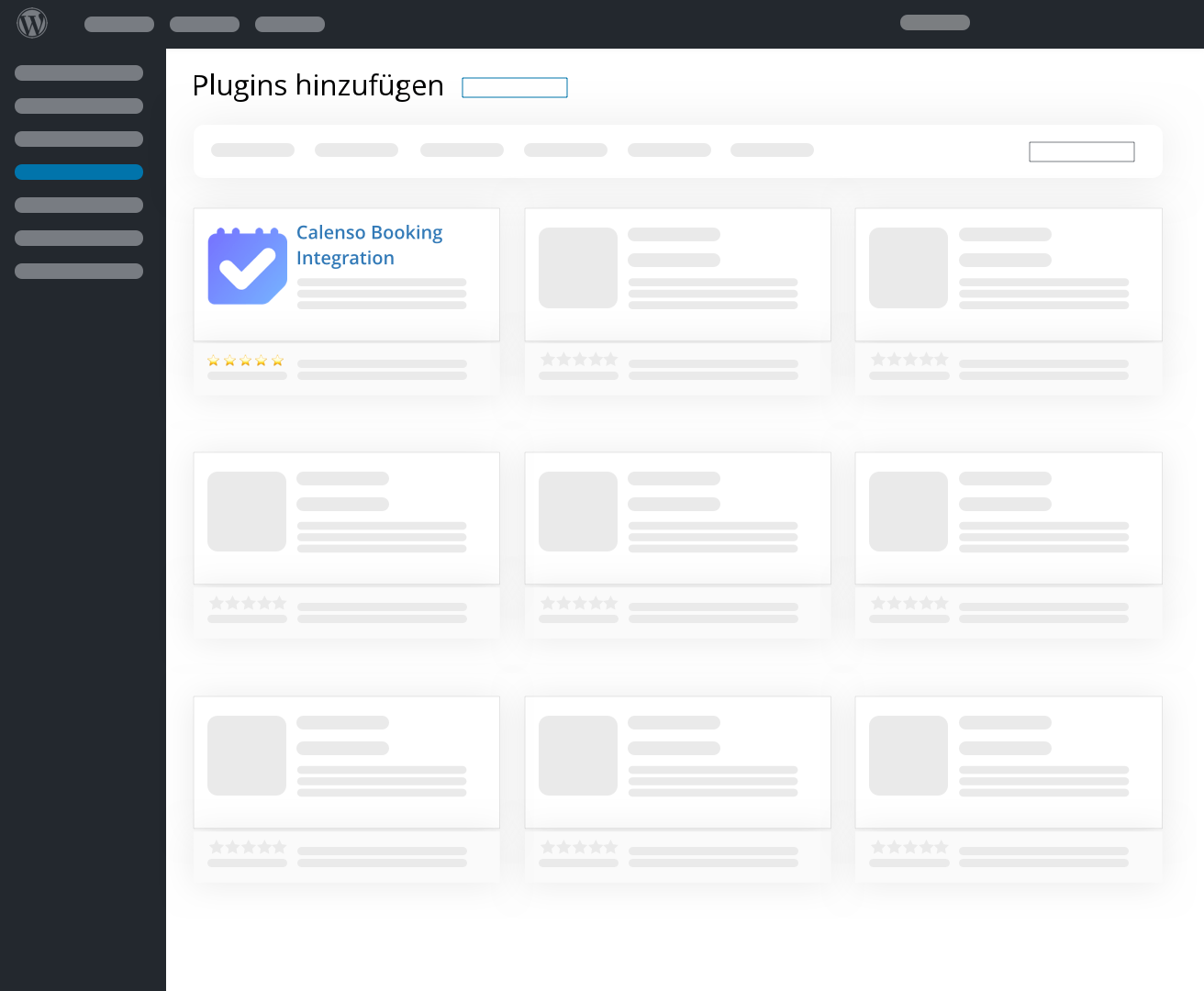Hilfreiche Tipps zum erfolgreichen Zeitmanagement
Wenn du dein persönliches Zeit-Management verbessern möchtest, musst du zunächst herausfinden, wie du deine Zeit verbringst. Versuche deine Zeit eine Woche lang zu protokollieren, indem du deine Aktivitäten sorgfältig aufzeichnest.
Das Ziel wäre es, dass du nach einer Woche folgende Fragen beantworten kannst:
1. Welche Aufgabe oder Tätigkeit beansprucht am meisten Zeit?
2. Wie viel kann ich an einem Tag erledigen?
3. Welche Aktivität bringt mir den grössten Nutzen?
4. Welche Tätigkeit kann ich automatisieren?
Wenn du diese vier Fragen beantworten kannst, merkst du schnell, wie viel Zeit du mit unproduktiven Tätigkeiten verbringst und wo du noch mehr aus deiner Zeit holen kannst.
Erstell dir einen Plan für den Tag und probiere ihn einzuhalten
Erstell dir als erstes am Morgen einen genauen Tagesablauf in deinem Kalender, bevor du mit deiner Arbeit startest.
Wichtig hier: plane dir genügend Pufferzeit ein für Snackpausen oder Toilettenbesuche.
Im Vergleich zu einer normalen Todo-Liste legst du dir selbst fest, wie viel Zeit du für eine Aufgabe hast. Du bestimmst die Deadline. Du wirst nicht mehr zwischen einzelnen Aufgaben hin und her wechseln, sondern effizient eine nach dem anderen erledigen.
Verwechsle niemals das, was wichtig ist, mit dem, was wirklich zählt
Vieles in unserem Leben scheint wichtig zu sein, aber nur wenig zählt wirklich. Behalte dies im Hinterkopf, wenn du dir deine Zeit einplanst. Denn Priorisierung ist enorm wichtig für ein erfolgreiches Zeitmanagement. Beginne zuerst Aufgaben, die nicht essentiell sind zu delegieren oder zu eliminieren. Danach wählst du dir die vier wichtigsten Tasks für den Tag und erledigst diese direkt am Anfang. So bist du dir sicher, dass am Ende des Tages die wichtigen Aufgaben auch wirklich erledigt sind.
Lass deinen Plan nicht durch dringende Aufgaben durcheinander bringen. Halt dich an deinen Plan!
Automatisiere Tätigkeiten, um mehr Zeit zu schaffen
Effizienz ist eine grossartige Sache, aber es kommt ein Punkt, an dem der Ertrag abnimmt, wenn man die Effizienz als einzige Produktivitäts-Strategie einsetzt. Je schneller man arbeitet, desto mehr Arbeit fällt an. Wenn eine Tätigkeit immer wieder anfällt, dann versuche sie zu automatisieren. Ein guter Start ist die Automatisierung der Telefon- bzw. Mailbasierten Terminvereinbarung durch ein Tool wie Calenso.
Plane deine Pausen – und mach sie dann auch wirklich
Vor lauter Arbeiten vergessen viele regelmässige Pausen einzulegen. Das kann zu Ermüdungen oder sogar Berufskrankheiten führen. Studien zeigen, dass Pausen einen positiven Einfluss auf die Leistung haben und das seelische Wohlbefinden stärken. Plane dir daher nebst deinen Aufgaben auch deine Pausen ein.
Trage dir Pufferzeit ein
Manchmal hast du doch länger an deiner Aufgabe als ursprünglich geplant. Wenn du genügend Pufferzeit einkalkulierst, kannst du weiterhin deinen Zeitplan für den Tag einhalten. Vergiss nicht, dass du wahrscheinlich auch mal während einem Task auf die Toilette musst, oder ein Snack verspeist.
Vermeide Ablenkungen
Du kennst es sicher, du möchtest nur schnell eine Nachricht auf dem Smartphone anschauen und kurzerhand sind 30 Minuten verflogen, die du auf Sozialen Medien verschwendet hast. Der Mensch wird von Emotionen und Hormonen gesteuert, und diese zu kontrollieren ist sehr schwierig. Es ist bekannt, dass Soziale Medien oder auch Kaffee in uns das Hormon Dopamin ausschütten und wir dadurch mehr davon möchten. Es gibt aber simple Methoden, um solchen Ablenkungen zu widerstehen. Du kannst nicht an dein Smartphone, wenn kein Smartphone in der Nähe ist. Schau also, dass dein Smartphone, die Kaffeemaschine und weitere potenzielle Ablenkungen sich weit entfernt von deinem Arbeitsplatz befinden. Falls du schnell von Geräuschen abgelenkt wirst, empfiehlt es sich auch mit Noise-Cancelling Kopfhörer zu arbeiten. Probiere einmal alle Ablenkungen bewusst wahrzunehmen und sie anschliessend zu eliminieren.
Das waren sechs nützliche Tipps für ein besseres Zeitmanagement, die deine Produktivität um ein Vielfaches steigern können.
Du willst noch mehr über effizientes Zeitmanagement wissen? Dann besuche Calenso auf LinkedIn


